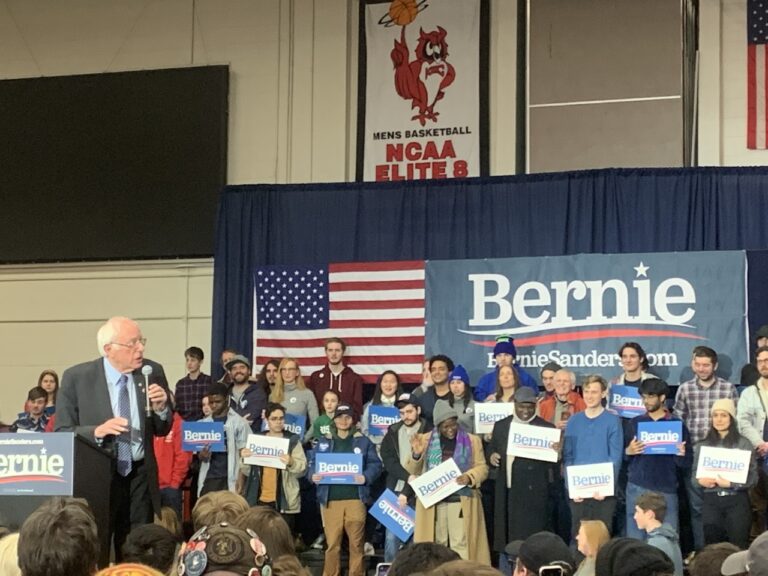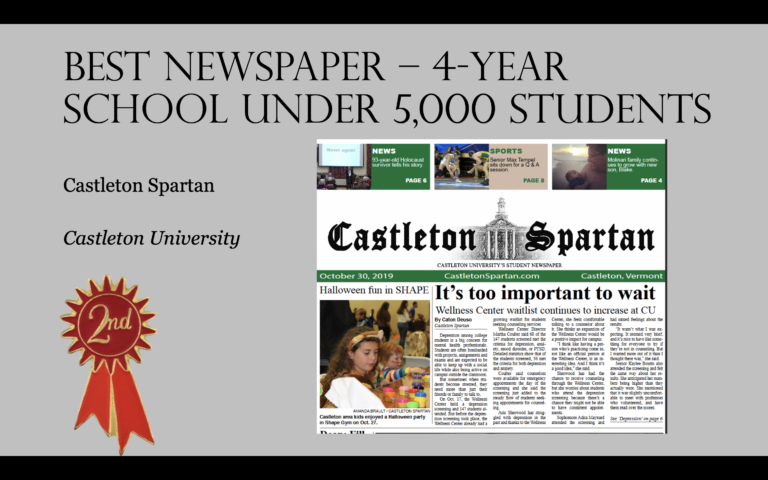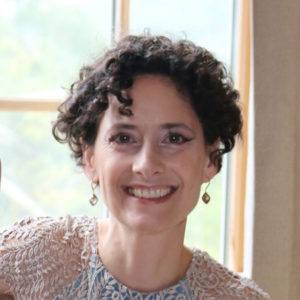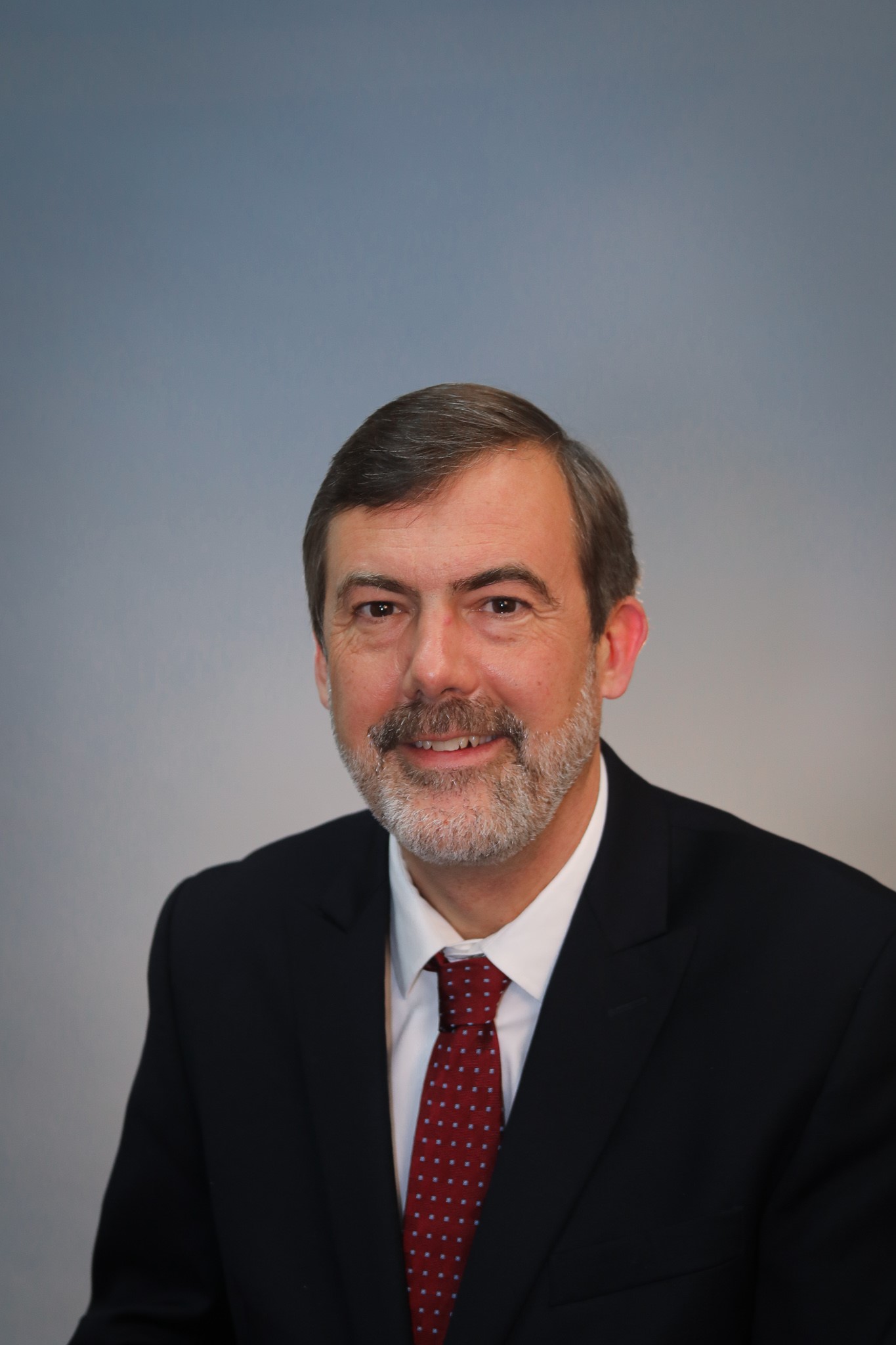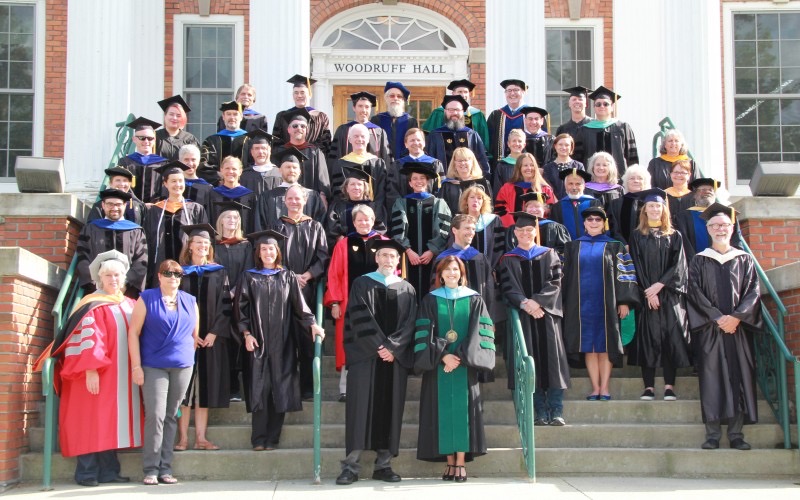Students reflect on Super Tuesday
Super Tuesday made the Democratic presidential candidate picture a lot clearer – essentially a race between two.
Bernie Sanders had no problem sweeping the state of Vermont and got the big delegate prize winning California. But former Vice President Joe Biden was really the big winner, taking 10 states and making him a front-runner.
Because of the results, Democrats Mike Bloomberg and Elizabeth Warren dropped out of the race after Super Tuesday which led to Bloomberg endorsing Biden and Warren holding out on endorsing anyone.
Super Tuesday was the opportunity for young voters to cast their vote, but some Castleton University students didn’t take part in the primary. Castleton junior Taylor Ladue- Robinson didn’t vote in the primary election due to not knowing the candidates well enough.
“If I were to vote, my ideal person would be like someone in the middle, but it’s just people are so to the left or so to the right and I just think that we need someone more in the middle,” she said.
Tommy Baillie, sophomore, also didn’t vote.
“Politics aren’t really my thing, but I have read up on a lot of the current news, it seems like even if the people don’t vote for Trump he wins because of political votes,” he said.
Senior Auburn Sendra also didn’t vote on Super Tuesday. But when asked about Super Tuesday, she spoke not about the national scene, but about Rutland politics.
“It was super,” she joked. “I’m happy with Talbott’s turnout as alderman.”
Talbott got the third highest number of votes, 1,971, out of nine candidates vying for five seats. He said he is ready to take on the position.
“I’m thrilled that the residents of Rutland City have offered me this opportunity to serve. I worked hard to get my message out there, and it makes me happy that it resonated with so many voters. I’m excited to continue working just as hard, alongside the mayor and current board members, to help ensure a vibrant future for Rutland,” he said.
Some students weighed in on the elections from an international standpoint.
Sakke Tiitinen is a junior and an international student from Finland. Clearly, he wasn’t able to participate on Super Tuesday, but he did stress how people shouldn’t complain about the outcome of the elections if they didn’t vote.
“If you were too lazy to vote, it doesn’t give you the right to criticize about the results, but you should rather be quiet and accept that you didn’t vote,” he said.
Izzy Gogarty agreed. She mentioned that often times the people who complain about the election results are people who didn’t vote.
Professor Rich Clark described how important it is for the youth to vote.
“It is critical! Even if young voters are not a monolith (and they are not), candidates keep track of the demographic trends in voting. If young people don’t vote, candidates don’t spend time speaking to the issues that are relevant to young voters,” he said. “If young voters want candidates to focus on the environment, public debt, student debt, jobs for young people, and the cost of higher education, they need to show that they will be habitual voters. If the electorate were younger, the political discourse would change dramatically.”
Professor Sam Davis-Boyd also mentioned how important it is for the younger generations to go out and vote. She also suggested it may be time to adapt to the changes in our society today and invest in mobile voting.
“At the same time, we also need to have more resources and voting polls made available, so that voting is easier for everyone. We shouldn’t have instances of people waiting in line 7 hours to vote,” she said.
Jay Mullen likes the idea of the government creating an app so youth would be compelled to vote. With automatic registration already being in affect in Vermont, he thinks it would be a solid step forward in making sure the youth exercise their one civic duty.
“You shouldn’t have to drive somewhere, I should just be able to do it,” he said.
Clark mentioned that the state of our country relies heavily on young voters and said the youth of today have the ability to shape what the United States could be.
“Voters over the age of 50, the most likely to vote, can think in short-term time horizons because they don’t have to live on this planet another 50 years, but you do. You cannot afford to think in short-term goals. You need to think about the next 60 years in a way that Boomers don’t.”

